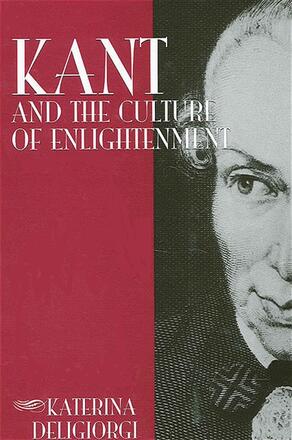
Kant and the Culture of Enlightenment
Alternative formats available from:
Interprets Kant's conception of enlightenment within the broader philosophical project of his critique of reason.
Description
Katerina Deligiorgi interprets Kant's conception of enlightenment within the broader philosophical project of his critique of reason. Analyzing a broad range of Kant's works, including his Critique of Pure Reason, the Critique of Judgment, his lectures on anthropology and logic, as well as his shorter essays, she identifies the theoretical and practical commitments that show the achievement of rational autonomy as an ongoing project for the realization of a culture of enlightenment. Deligiorgi also considers Kant's ideas in relation to the work of Diderot, Rousseau, Mendelssohn, Reinhold, Hamann, Schiller, and Herder. The perspective opened by this historical dialogue challenges twentieth-century revisionist interpretations of the Enlightenment to show that the "culture of enlightenment" is not simply a fragment of our intellectual history but rather a live project.
Katerina Deligiorgi teaches philosophy at Anglia Polytechnic University in Cambridge, England.